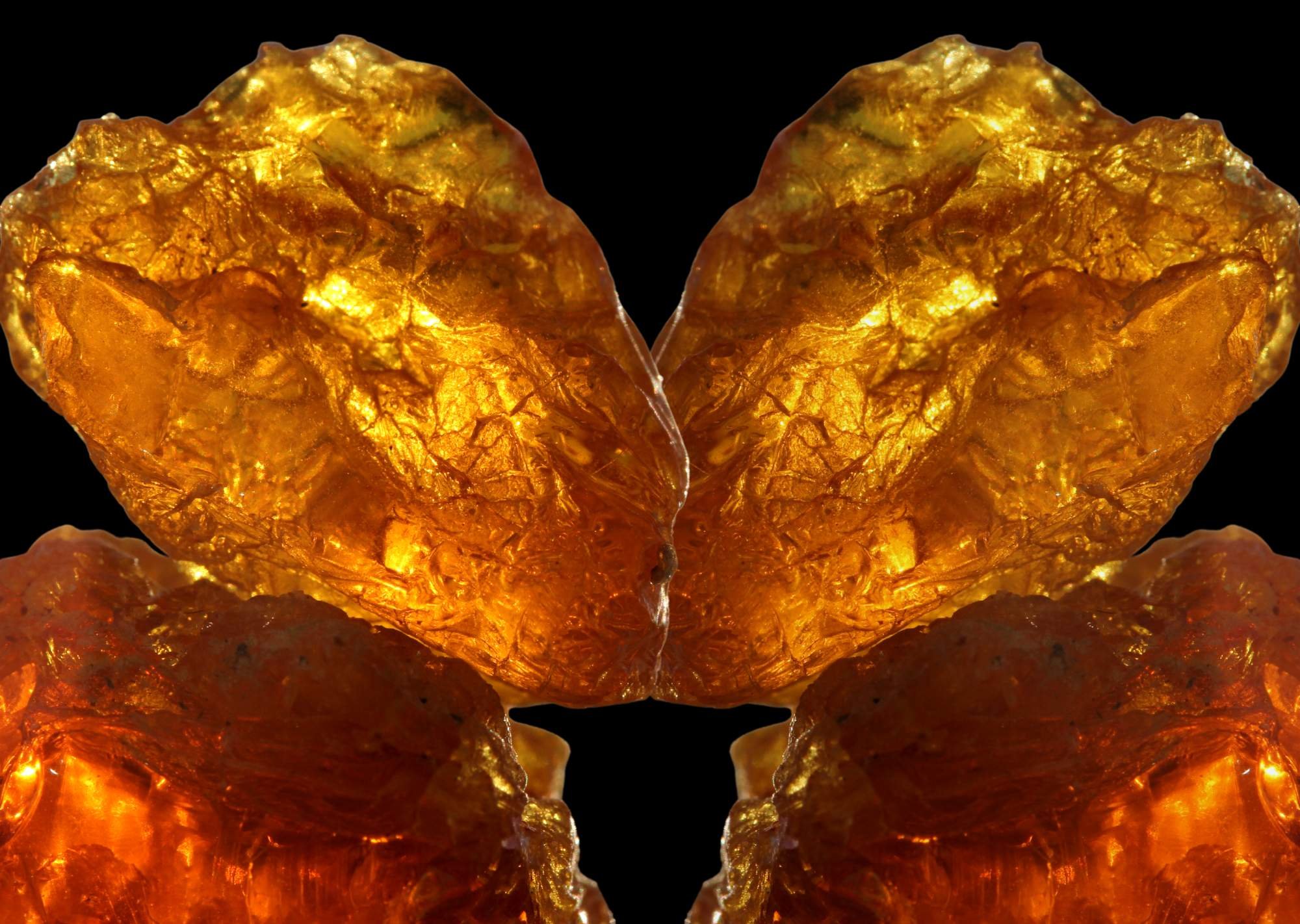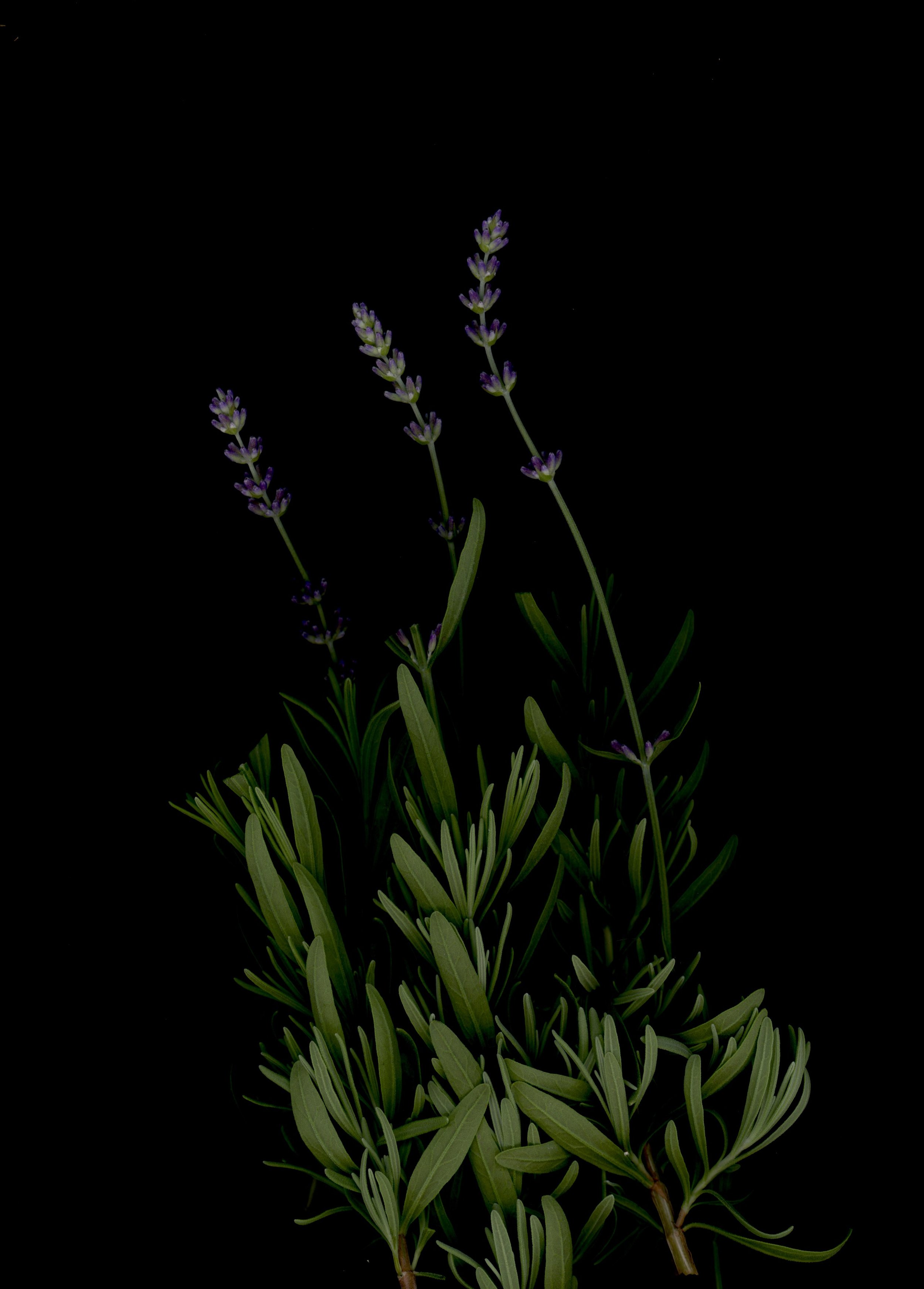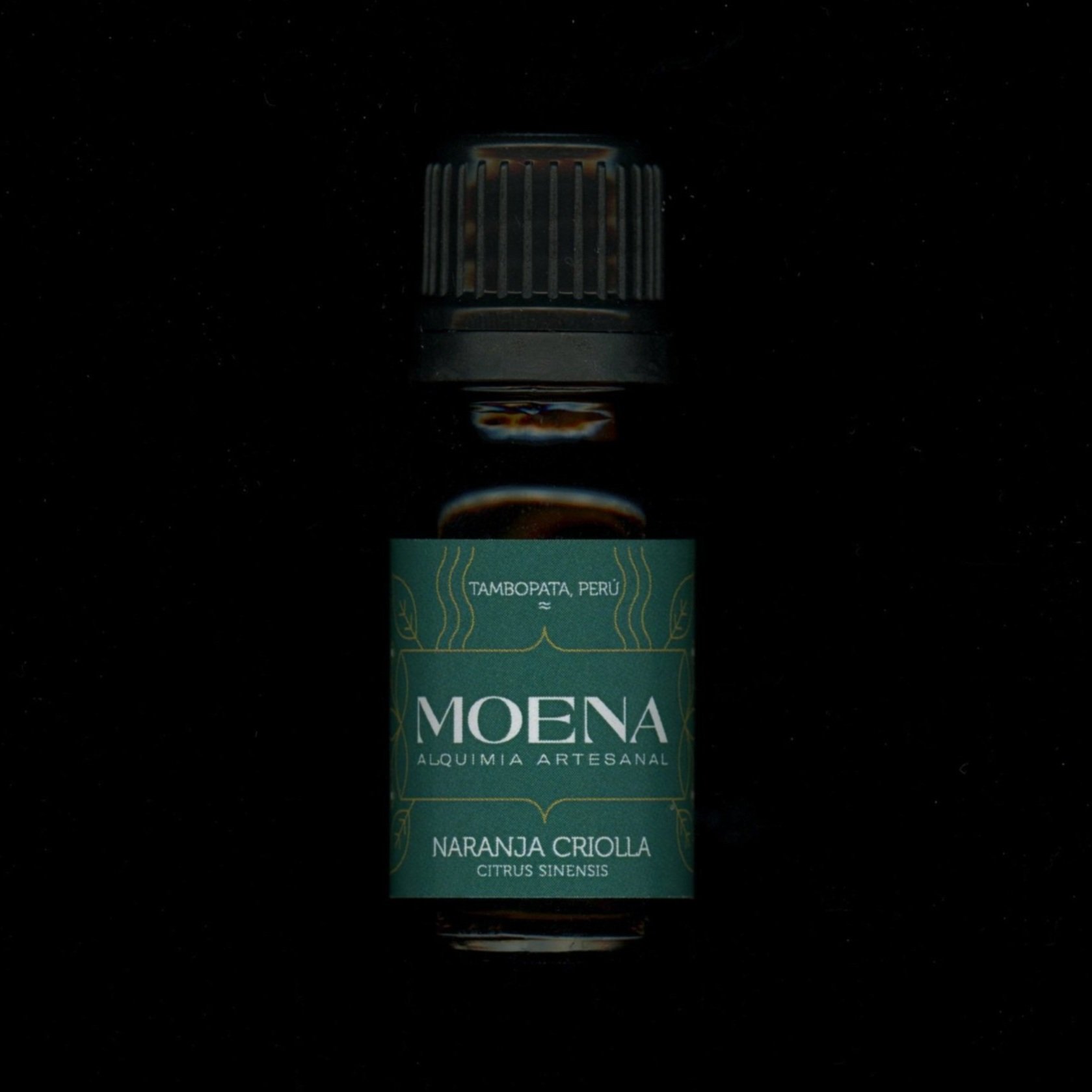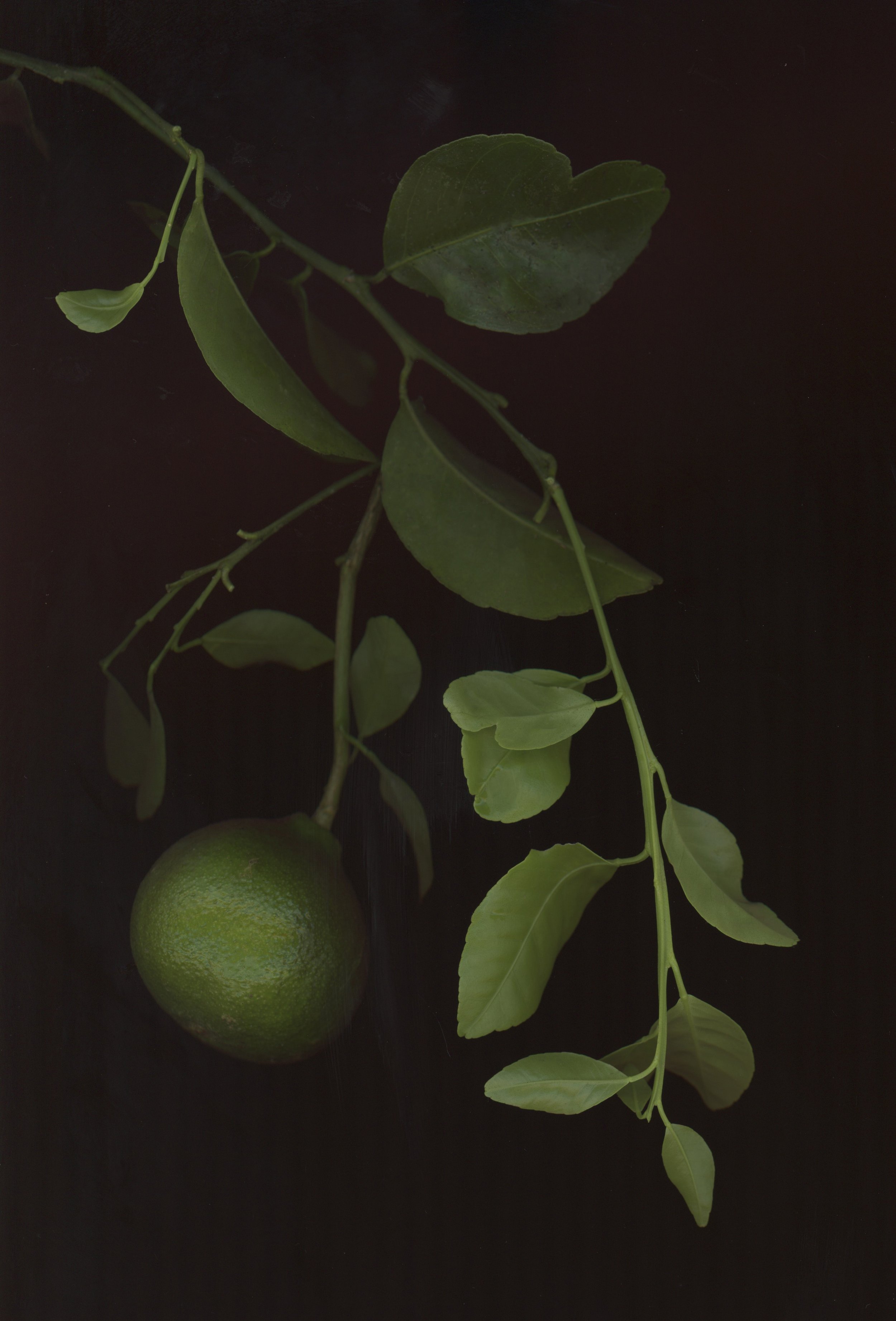Botanical Name: Commiphora wildii
Origin: Nambia
Method of Extraction: Hydrodistilled from tree resin.
Benefits and Properties: The resin has been used as incense and in traditional medicine to treat various ailments. Myrrh is known to facilitate the fading of unwanted blemishes, soothe itchiness, and reduce symptoms of eczema, among other skin ailments. It is used in cosmetics to clean, moisturize, and tighten the skin.
Anti-inflammatory Properties: Commiphora wildii essential oil has been shown to have powerful anti-inflammatory properties, which may help reduce pain, swelling, and inflammation associated with conditions such as arthritis and inflammatory bowel disease.
Digestive Health: Commiphora wildii essential oil may help support digestive health by promoting the production of digestive enzymes and reducing inflammation in the digestive tract. It has been traditionally used to treat conditions such as indigestion, diarrhea, and constipation.
Oral Health: Commiphora wildii essential oil has been used for its antimicrobial and antiseptic properties, which may help improve oral health. It has been traditionally used to treat gum disease, bad breath, and toothache.
Skin Health: Commiphora wildii essential oil has been used for its skin-healing properties. It may help reduce the appearance of fine lines and wrinkles, promote skin elasticity, and reduce the appearance of scars and blemishes.
Respiratory Health: Commiphora wildii essential oil may help support respiratory health by reducing inflammation in the airways and promoting clear breathing. It has been traditionally used to treat conditions such as coughs, colds, and respiratory infections.
About the Plant:
Native range: Somalia
Description: Commiphora wildii is a small to medium-sized deciduous tree that grows up to 5-7 meters tall. It has a rough, peeling bark and a sparse, irregular crown. The leaves are alternate, pinnate, and clustered at the ends of the branches. The flowers are small, white, and fragrant, and are arranged in axillary clusters. The fruit is a small, round capsule that contains seeds.
Cultivation: Commiphora wildii grows in hot, dry climates and prefers well-drained soils. It is propagated by seeds, which should be sown in a well-drained soil mixture and kept moist until germination. Once established, Commiphora wildii requires minimal care and can tolerate drought conditions.
Uses: Commiphora wildii is best known for its resin, which is used to produce myrrh. The resin is harvested by making incisions in the bark and allowing the sap to ooze out and harden. The resin is then collected, cleaned, and sold for use in traditional medicine, religious ceremonies, and perfumes. The essential oil extracted from the resin is used in aromatherapy to promote relaxation and reduce stress and anxiety. In traditional medicine, the resin and bark of Commiphora wildii have been used to treat a variety of health conditions, including inflammation, digestive problems, oral health, skin conditions, and respiratory problems.
Conservation status: Commiphora wildii is not currently listed as a threatened or endangered species. However, the species is at risk of overharvesting of its resin, which could threaten its long-term survival. It is important to use sustainable harvesting practices to ensure the continued survival of this species.











